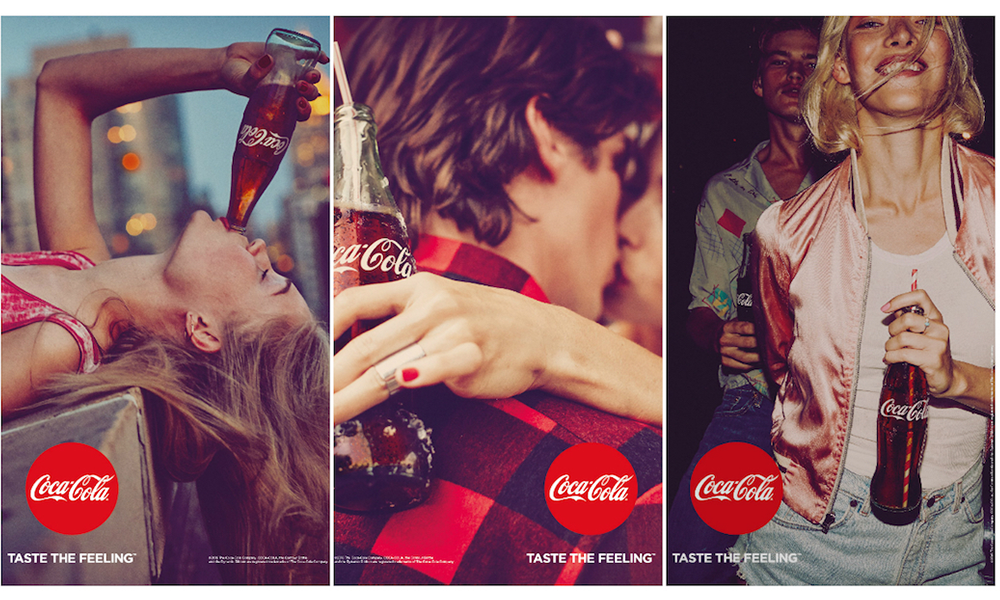Men and woman react to sexually provocative advertising in
as much the same way they respond to sexual suggestions in real life.
In general, women tend to be more easily persuaded by ads
that are more romantic than sexual, ones that emphasize commitment, devotion,
and partnership.
Men respond to sexual innuendo and chics in bikinis,
especially when the ads or commercials were leavened with a heaping dose of
adolescent humor.
When we see attractive, scantily dressed young people
advertising an energy drink or a brand of underwear or a new line of cosmetics,
the mirror neurons in our brain allow us to imagine ourselves as being equally
attractive and sexually desirable.
Dr. Geoffrey Miller, an evolutionary psychologist at the
University of New Mexico, found, people are more likely to expend money and
effort on products and activities if they’re first primed with photos of the
opposite sex or stories about dating.
Axe brand was launched in 2002 by Unilever. Before then,
Unilever probed the depths of our inner psyches – our hopes, dreams and
daydreams.
First, the Unilever team conducted an extensive, in –depth online
survey of 12 thousand guys aged 15 to 50 around the world. The survey contained
a series of highly personal questions eg. “what is your strategy when you want
to pick up a girl?”, “When do you feel really insecure?”, “when were you
rejected by a girl?, “What is your ideal
sexual fantasy?”. Unilever wanted to identify male human truths.
The team then analyzed the research country by country. “The
things that make men tick, that are the same no matter where you go, no matter
where you were born or who you are.”
Based on the responses, the Axe team realized that the ultimate
male fantasy Is not just to be found irresistible by a sexy women. It’s to be
found irresistible by several sexy women. This was the ground breaking
revelation that was soon to become the crux of Axe’s campaign.
Next, they accompanied roughly a hundred males aged 15 to 50
to the pubs till late (soberly, while secretly taking notes) watched them in
action. Their goal was to see how these men would pick women out of the crowd
and ultimately approach them. Eventually, through segmentation, they isolated 6
psychological profiles of the male animal – and the potential Axe user:
- The Predator : conceals his insecurity under a facade of
swaggering bluster. He drives a brand-name car, adorns himself with high-end
fashion brands, and is consistently on the prowl. He tends to target women who
are out alone, preferably drunk ones he can easily take advantage of.
- Natural Talent: This is the intelligent, athletic,
achieving, magnetic, naturally confident male; the kind of guy other guys want
to be around and women find inherently appealing.
- The marriage-material guy: Gentle, respectful and
self-confident. The kind of guy you want to bring home to mom (Despite what
single ladies might tell you, according to Unilever’s research, they make up a
pretty large segment in the young male population)
- Always the Friend: He’s the “sorry, but…. I like you more
like a brother” kind of guy.
- The insecure novice: These poor young fellows haven’t the
slightest idea what they are doing around women. They come across as creepy.
- The enthusiastic novice: They have no idea either, but they
come across as eager rather than creepy. They might not score, but no one will
tell them they aren't doing their best.
Now with all this data, the 1st step was to
figure out which of these 6 types of men was their best target. Ultimately,
they decided the most obvious choice would be the insecure novice, followed by
the enthusiastic novice, followed by the natural talent. Why? Well, the 1st
2 segments, with their lack of self-esteem and experience, could be easily
persuaded that Axe would be the key to enhanced success with women – they would
be the key to enhanced success with women – they would spray it on to ramp up
their self-confidence. The natural talent guys didn’t need a shot of
self-confidence, but they could probably be convinced to use axe as a finishing
touch before going out.
So with their insecure novice as their primary target, Axe
came up with a series of 30-second TV commercials that preyed on what its
research had revealed to be the ultimate male fantasy. The message in the ads
was : Use Axe and get laid.
The campaign was an instant hit, and Axe quickly became the
number one male brand in the total anti-perspirant/deodorant category, earning
Unilever $71 million in sales in 2006 and $186 million in 2007. Sales of the brand’s
other products also shot up, because body sprays are often used as a “training
fragrance”.
However, its success began to backfire. The problem is that
it had worked too well in persuading novices to buy that it started being
associated with pathetic losers by most high school and college aged males.
Despite its few stumbles, the wild success of Axe’s ad
campaign show what can happen when a brand and its clever marketers probe and
plug into our most private and deeply seeded sexual fantasies and desires























